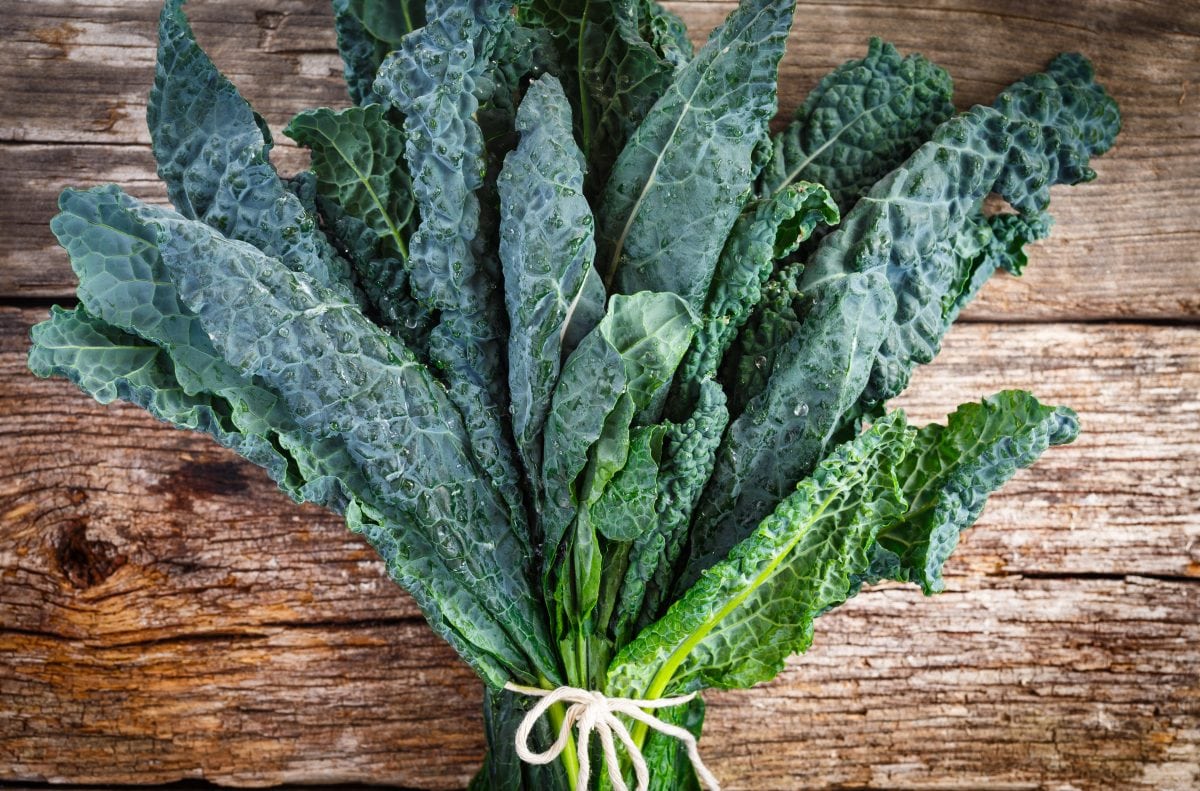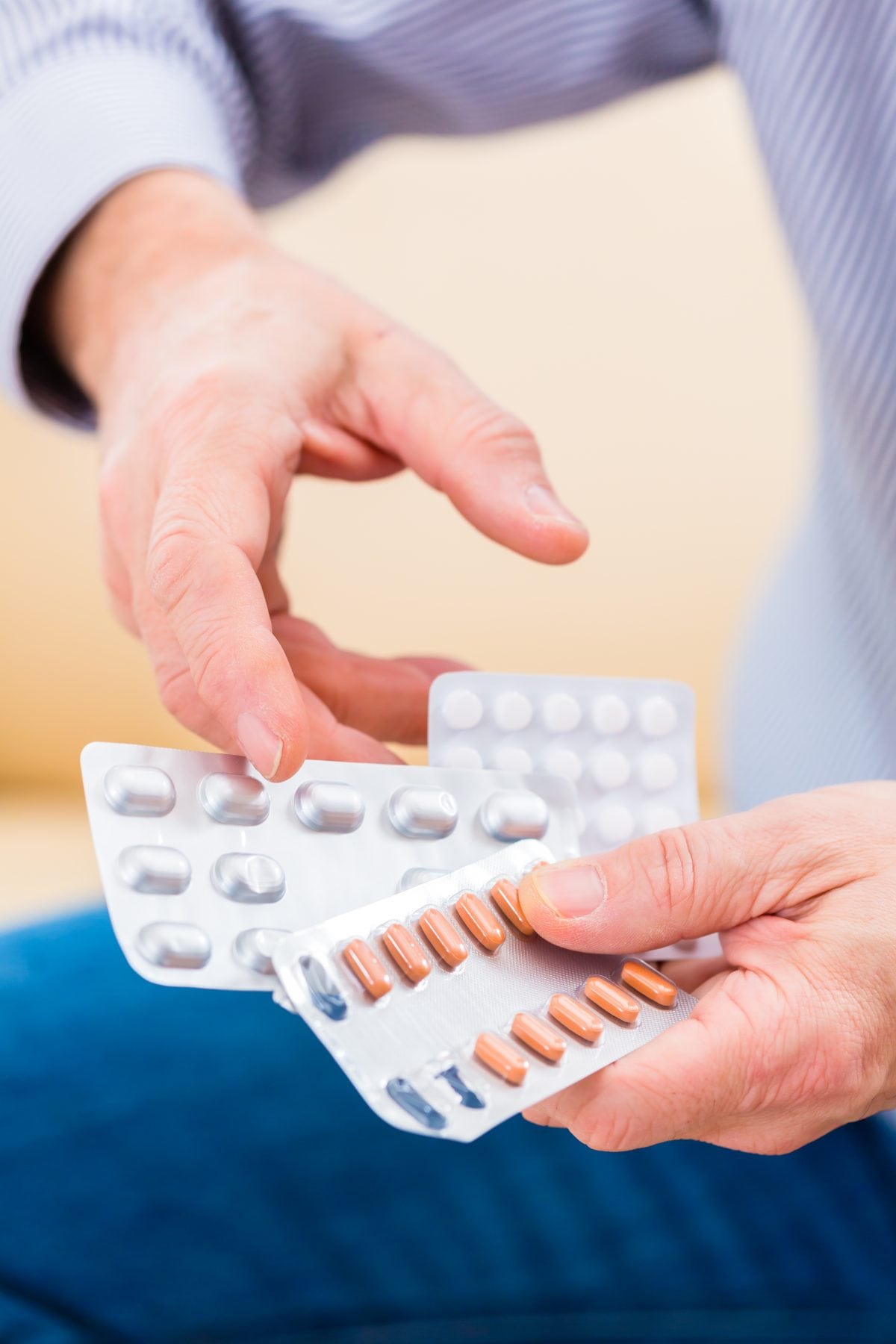Can you find a more polarizing topic than statins? One article says they are miracle drugs that should be given to everyone. Then you turn the page, and you read how they are poison and you should stay away from them no matter what. How can one drug cause such differing views? And which should you believe?
The statin debate has intensified ever since the 2013 ACC/AHA cholesterol treatment guidelines increased the number of people without heart disease who “should” take a statin to 43 million Americans. That is for primary prevention, meaning the individual has never had a diagnosis of cardiovascular disease, never had a heart attack, and never had any type of a heart problem.
As you can imagine, this has been a windfall for the drug companies. But are we healthier and better off as a result? That is unknown.
The problem is understanding the bias of whoever is writing the story.
Subtleties of Science
But wait, you say. Won’t the science tell us if statins are good or not? Isn’t it an objective fact if they are good for us?
Not so fast. Beauty is in the eye of the beholder, and so is the application of science.
Are you getting advice from someone who believes prescribing more medicine is better? Or someone who believes a more natural lifestyle is better?
Are you reading a report sponsored by the pharmaceutical company that paid for the research?
Or are you getting advice from a scientist who is more focused on statistical benefits, or someone who is more concerned with the potential benefit for the one individual they are taking care of at the moment?
It is a confusing sea of conflicting information, and you have to find which approach resonates more with your beliefs and your life.
The Three Keys
Regardless of who you are and your beliefs, I promised you the three most important things you need to know about statins. Here they are:
- All statin studies are worthless! That’s right. All statin studies that have been done to date are worthless and don’t apply to anyone who follows healthy lifestyle principles.
- Statins will not prolong your life. Not at all. Not for a single day.
- Statins DO reduce your heart attack risk, by about 0.7% over 5 years.
All of a sudden, statins don’t seem so powerful, do they? Let’s go deeper into these points to learn why.
1-All Statin Trials Are Worthless
When designing a trial, you have to decide what your control group is going to be. You have to show that the drug is better than something. The key is defining what that something is.
Therein lies the problem. In order to show beneficial effects, primary prevention statin trials need thousands of subjects, studied over years. That is very expensive to do. The vast majority of trials, therefore, rely on drug company funding.
Do you think they are going to fund a trial that makes it easier or harder to show a benefit? Of course, that was a rhetorical question.
Pharma companies don’t have an interest in your health and wellbeing. Their priority is to their stock holders and their bottom line. They are going to sponsor trials that are most likely going to benefit them.
How does this make the trials worthless? They compare statins to “usual care.” That means a brief, and ineffective attempt to educate people about healthy nutrition and physical activity.
In addition, the specific nutritional guidance that was used has always been a low-fat diet. As we now know, what does a low-fat diet usually include? Lots of sugars and simple carbohydrates. What does that diet do? Increase your risk of obesity, diabetes, inflammation, and eventually heart disease.
That’s setting the bar pretty low to show a benefit from statins. And that is exactly what the drug companies want.
What we need is a control group that is involved in a comprehensive lifestyle intervention program. A program that helps participants get regular physical activity. Helps them eat vegetable based, real food, low in added sugars and simple carbs, and high in natural healthy fats.
Since that is the way we should all be living, THAT is what the control group should be. I guarantee you, the results would be far different compared to the standard control groups used to date.
That is the trial the drug companies never want to see and will never fund. And that is why all statin trials to date are worthless.
If you can focus on proper lifestyle interventions, using healthy foods, physical activity and stress management as medicine, then we have no idea what effect, if any, statins would have. But I assure you it will be minimal if any benefit.
2-Statins Will Not Prolong Your life
You read that right. For people who have never had heart disease before, the multi-billion dollar drug won’t help you live longer. The overwhelming majority of primary prevention trials involving statins show no difference in overall mortality between those who took the drug and those who did not.
That surprises a lot of people. Statins are promoted as if they are wonder drugs that save lives left and right. That’s good marketing and good PR. Reality is far different.
If they don’t help you live longer, they must increase the quality of your life, right? Nope. In fact, 30-40% of people on statins will experience muscle aches and weakness causing them to exercise less and decreasing the overall quality of their lives.
So, if they don’t help us live longer, and they don’t increase the quality of our lives, why do we take them????
3-Statins DO Reduce Your Heart Attack Risk
If the news was all bad there wouldn’t be any debate about their use. But the truth is that statins do reduce the risk of heart attacks, and that is why in some cases it may be beneficial for you to take one.
But the big question is: How much do statins reduce your heart attack risk? The answer is not as much as you would think. Considering the recommendations keep getting more and more aggressive for statin therapy, you would think statins would be immensely powerful at reducing heart disease risk.
In reality, they reduce the risk of a heart attack by 0.7-1.5% over 5 years. That means you need to treat 66-140 people for 5 years to prevent one heart attack. (as an aside, for people with pre-existing heart disease, so called secondary prevention, you need to treat approximately 40 people for 5 years to prevent 1 heart attack and 85 people to prevent 1 death)
When presented like that, it should certainly temper the enthusiasm for statin therapy. Again, it may still be the right choice for some people, but given the potential risks and side effects, I would hope for a much greater benefit.
Better Than Statins
A common response is that statins are “the best we have to offer” to reduce one’s risk of cardiovascular disease. If you are talking about a drug manufactured in a laboratory, then that would be correct. But what else are options?
It turns out following a Mediterranean eating pattern with vegetables, fruit, fish, legumes, and lots of nuts, olive oil and avocados reduces the risk of cardiovascular events as well. For something as simple as nutritional choices the benefit must be much less than a statin, right?
That is what the drug companies would want you to believe. In reality, you need to “treat” 61 people with the Mediterranean diet for 5 years to reduce 1 cardiovascular event (a “combined endpoint” of stroke, heart attack or death).
To be fair, you cannot compare one trial to another as they have very different populations studied, and the outcome measures are different. So, it is not scientifically fair to say, “The Mediterranean diet has been proven to be more beneficial that statins.” That would require a head-to-head trial. Unfortunately, that trial is unlikely to ever happen.
But it makes for an obvious answer when asked “If statins aren’t all that helpful, what else can I do to reduce my risk of cardiovascular disease?
- Follow a real food, vegetable-based, Mediterranean style diet, low in sugar and high in healthy fats.
- Maintain a physically active lifestyle.
- Exercise with some form of moderate cardio exercise, resistance training and higher intensity interval exercises.
- Practice stress reduction techniques.
- Don’t smoke.
- Manage your other risk factors such as diabetes and high blood pressure.
If you can follow these healthy lifestyle principles, you will be doing far more for your health than any pill you could take. And the best part? The only side effects are having more energy, feeling more empowered, and reducing your risk for chronic diseases. Sounds like a good trade off to me!
Thanks for reading.
Bret Scher, MD FACC
Cardiologist, author, founder of Boundless Health
www.DrBretScher.com




